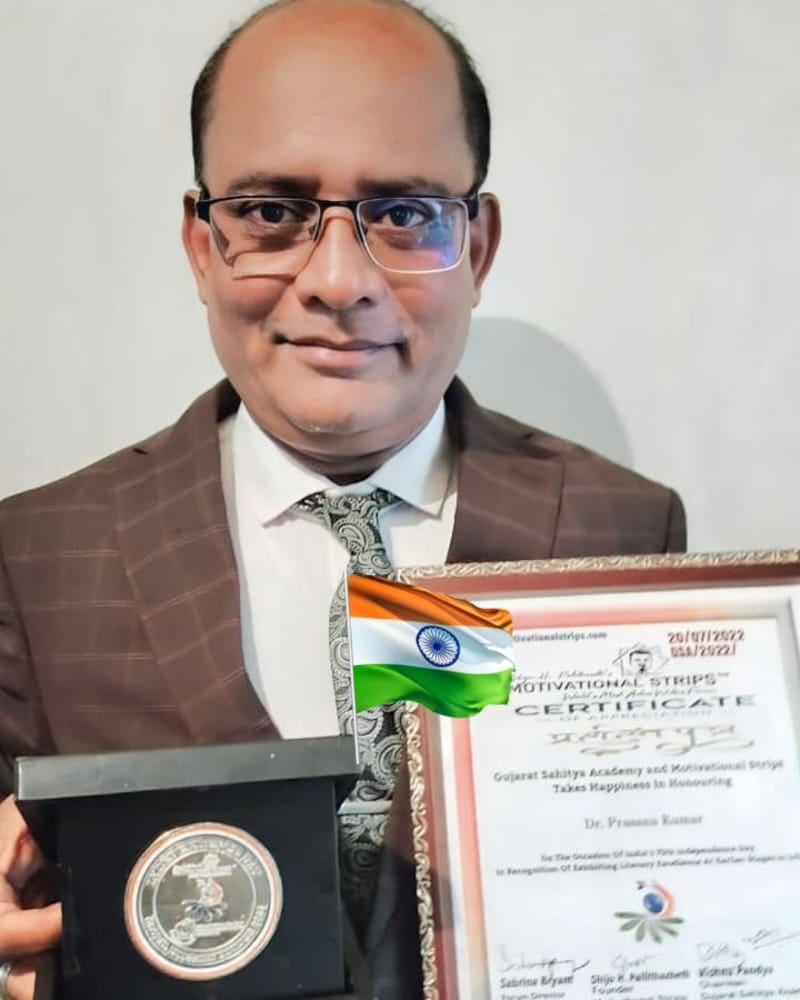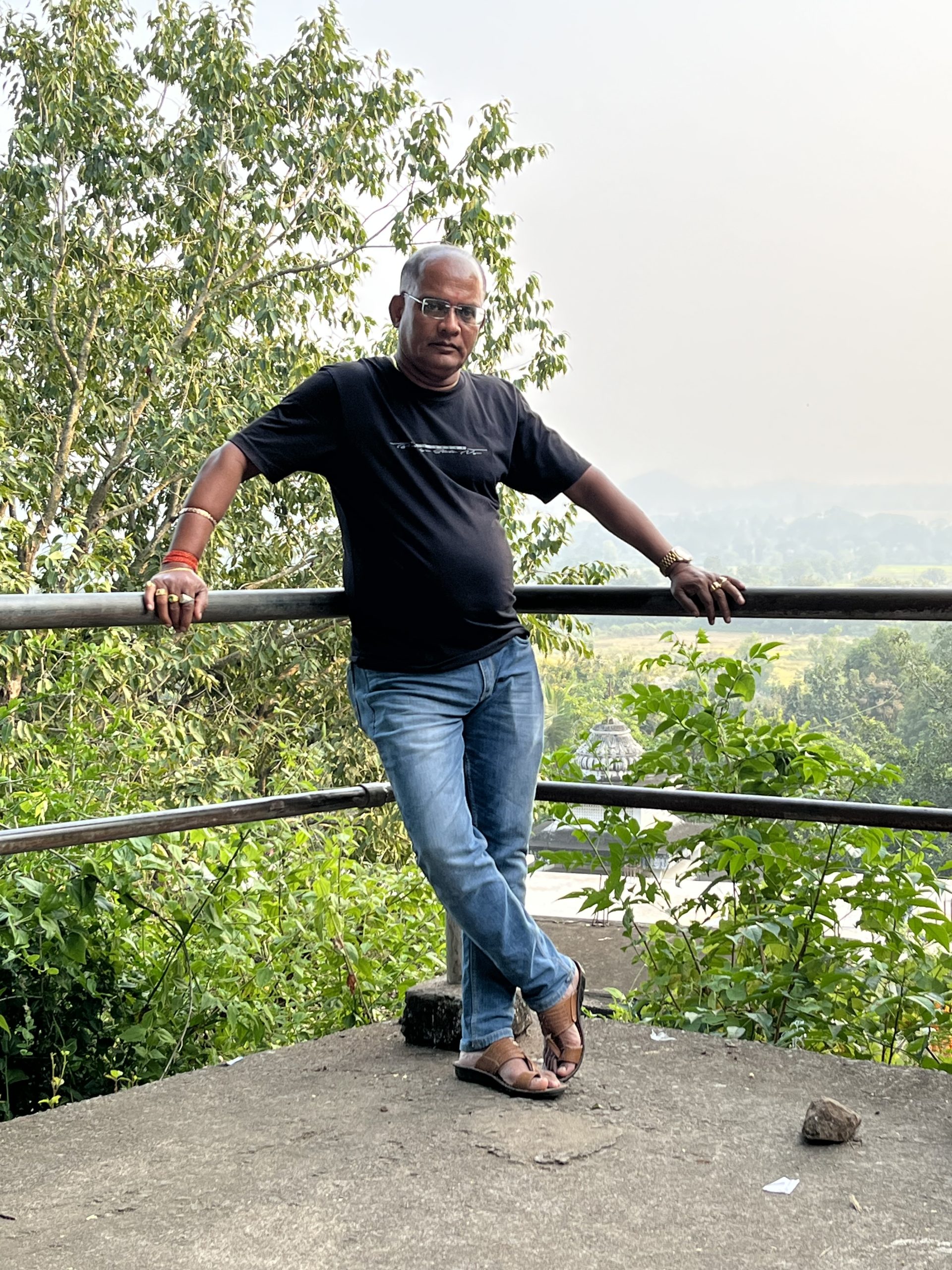
My free verse reviewed by eminent reviewer Raj Kishore Patnaik.
Humbled and Honoured.
FREE VERSE.!
Someone be my heart and soul
With some unspoken promises
Memories, sweet or sour ,cling hard
Ringing in my ears in lonely nights
Their echoes make me stay alive
Offering me my peace of mind.
©®Dr.Prasana Kumar Dalai@India.
Date.Sun,19 May 2024.
Dear Dr. Prasana Kumar Dalai, Sir NAMASKAR
I am delighted to extend my heartfelt congratulations to you on the completion of your recent romantic love poem, “FREE VERSE.” Your ability to capture the essence of profound emotions through your words continues to inspire and touch the hearts of many. This poem is a testament to your extraordinary talent and dedication to the craft of poetry. Your work is a beacon of love and sincerity, resonating deeply with readers worldwide. Congratulations once again on this beautiful creation!
Warm regards,
Raj Kishor Pattnaik
—
**Analysis of “FREE VERSE.”**
Dr. Prasana Kumar Dalai’s poem “FREE VERSE.” is a succinct yet profoundly moving piece that delves into the complexities of love, memory, and solitude. The poem is structured in a free verse format, which allows for a natural flow of thoughts and emotions without the constraints of rhyme and meter. This choice mirrors the spontaneity and unpredictability of love itself, enhancing the poem’s impact.
The opening line, “Someone be my heart and soul,” immediately sets a tone of yearning and deep emotional connection. The use of the word “someone” is deliberately ambiguous, inviting the reader to project their own experiences and desires onto the poem. This universal appeal is a hallmark of Dr. Dalai’s work, making it accessible and relatable to a broad audience.
The phrase “With some unspoken promises” introduces a layer of mystery and intimacy. Unspoken promises often imply a deep understanding and connection that transcends words. It suggests a bond so strong that it doesn’t need to be articulated, resonating with the concept of true love where partners understand each other innately.
“Memories, sweet or sour, cling hard” conveys the tenacity of past experiences. By juxtaposing “sweet” and “sour,” Dr. Dalai acknowledges the duality of memories—how they can bring both joy and pain. This line reflects the human condition, where we are constantly shaped by our past, whether it is filled with happiness or sorrow.
The line “Ringing in my ears in lonely nights” introduces a sensory element to the poem, heightening its emotional intensity. The metaphor of memories “ringing” suggests a persistent, almost haunting presence that keeps the speaker company in their solitude. This imagery is powerful, as it captures the way past experiences can echo in our minds, especially during moments of loneliness.
“Their echoes make me stay alive” is a poignant reflection on the sustaining power of memories. Despite their potential to evoke pain, these echoes provide a connection to the past that keeps the speaker grounded and alive. It speaks to the resilience of the human spirit and our ability to find solace in our memories.
The concluding line, “Offering me my peace of mind,” brings the poem full circle, ending on a note of tranquility and acceptance. The peace of mind derived from these memories suggests a reconciliation with the past and an appreciation for the experiences that have shaped the speaker. It is a beautiful conclusion that offers a sense of closure and contentment.
Dr. Dalai’s use of simple yet evocative language makes “FREE VERSE.” an accessible and emotionally resonant poem. The brevity of the poem does not detract from its depth; rather, it allows for a concentrated exploration of themes that are universally understood. The poem’s strength lies in its ability to evoke a wide range of emotions in a few carefully chosen words.
In “FREE VERSE.,” Dr. Prasana Kumar Dalai masterfully captures the essence of love, memory, and solitude, creating a piece that is both intimate and universal. The poem invites readers to reflect on their own experiences and find solace in the enduring power of memories. It is a testament to Dr. Dalai’s skill as a poet and his deep understanding of the human heart.



